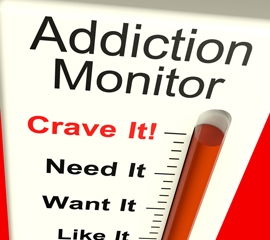Childhood Issues
How Has Your Childhood Affected You As An Adult?
- Did your parents abuse alcohol?
- Were your parents constantly arguing?
- Was their violence between your parents….or towards you?
- Were you ever deprived of food as a punishment?
- Were you bullied at school?
Painful memories from childhood can affect us as an adult in a way that takes away our happiness and enjoyment in life and also create insecurity. Coping with normal life challenges can be difficult. Counselling and/or Hypnotherapy can be effective in helping you overcome the difficulties of your childhood and create a more happier, satisfying life as an adult. Please take the first step and Contact Me for more information.
- nutrition,
- income levels of parents,
- social interaction with family and friends and the general environment are all important factors when growing up.
Healthy Nutrition is Essential During Childhood Development
Parental Income Level Can Affect Childhood Development
Research has found Childhood Psychological Problems begin to surface early on.
By age 23, people with childhood mental health issues had household incomes that were already 19% lower than those of their peers who didn’t have such childhood problems. Some of that disparity may have to do with the fact that affected children were 6% less likely to be in a stable relationship as adults, and so they missed out on having dual-income families. Another factor being those with childhood psychological problems were also 11% less likely to work, and held fewer jobs continuously.
Social Conditions Affect Childhood Development
Effect of Environment on Childhood Development
The environment in which a child grows up directly affects their development. Children exposed to higher levels of toxins, pollution, poor water, and lower overall safety are at a higher risk of development issues. Access to healthcare and safe places to play are vital for development. Researchers say that over a lifetime, early psychological health may be much more important than physical health.
Children, Electronics and Obesity
I am a Qualified Clinical Hypnotherapist and Registered with the Australian Hypnotherapy Association
I am also a Qualified and Registered Therapist (psychology background) for Personal, Relationship and Family Counselling
Take the first step…. to open the door to a better tomorrow.
Related Services
Search
Services
- Abuse (Domestic Violence)
- Addictions
- Anger Management
- Childhood Issues
- Depression
- Divorce and Separation
- Fears & Phobias
- Grief and Loss
- Habits to Health
- Pain Management
- Parent/Teen Conflict
- Parenting Issues
- Quit Smoking
- Relationship Problems
- Reduce/Quit Alcohol
- Stress-Friend or Foe
- Sleep Problems (Insomnia)
- Self Confidence & Self Esteem
- Stress & Anxiety
- VGB Weightloss
- Weight Problems
Recent Posts
April 21, 2017










